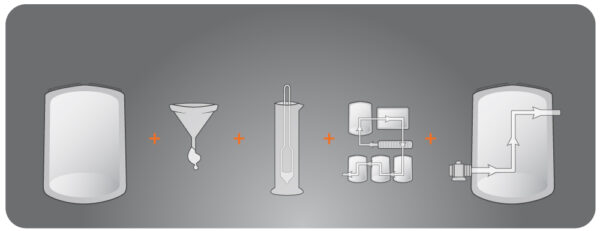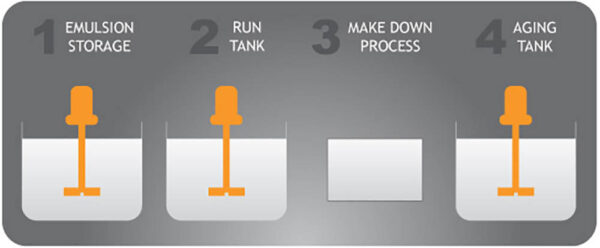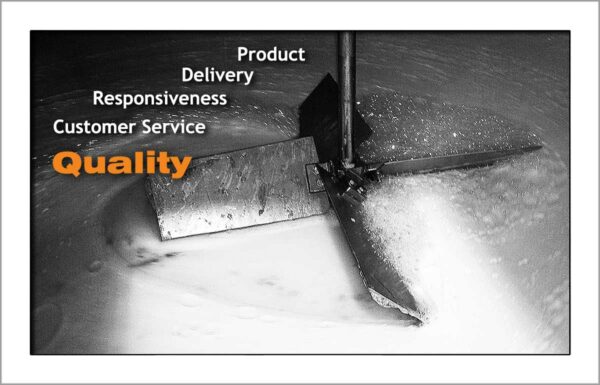
Mixing 101: The Importance of Specific Gravity
What is Specific Gravity? And why do we ask for it… Next to viscosity, specific gravity is a separate but equally important factor in optimizing a mixer. Without factoring this measurement into your mixer design, your results would not reach product specification. What is Specific Gravity? The term “Specific Gravity” (SG) is used to define the weight or density of a liquid as compared to the density of an equal volume of water at a specified temperature. The temperature used for measurement is usually 39.2oF (4oC), because this temperature allows water to assume its maximum density. In the metric system, water has a density of 1 gram/ml, so density and SG are numerically equal. If the liquid you are comparing


